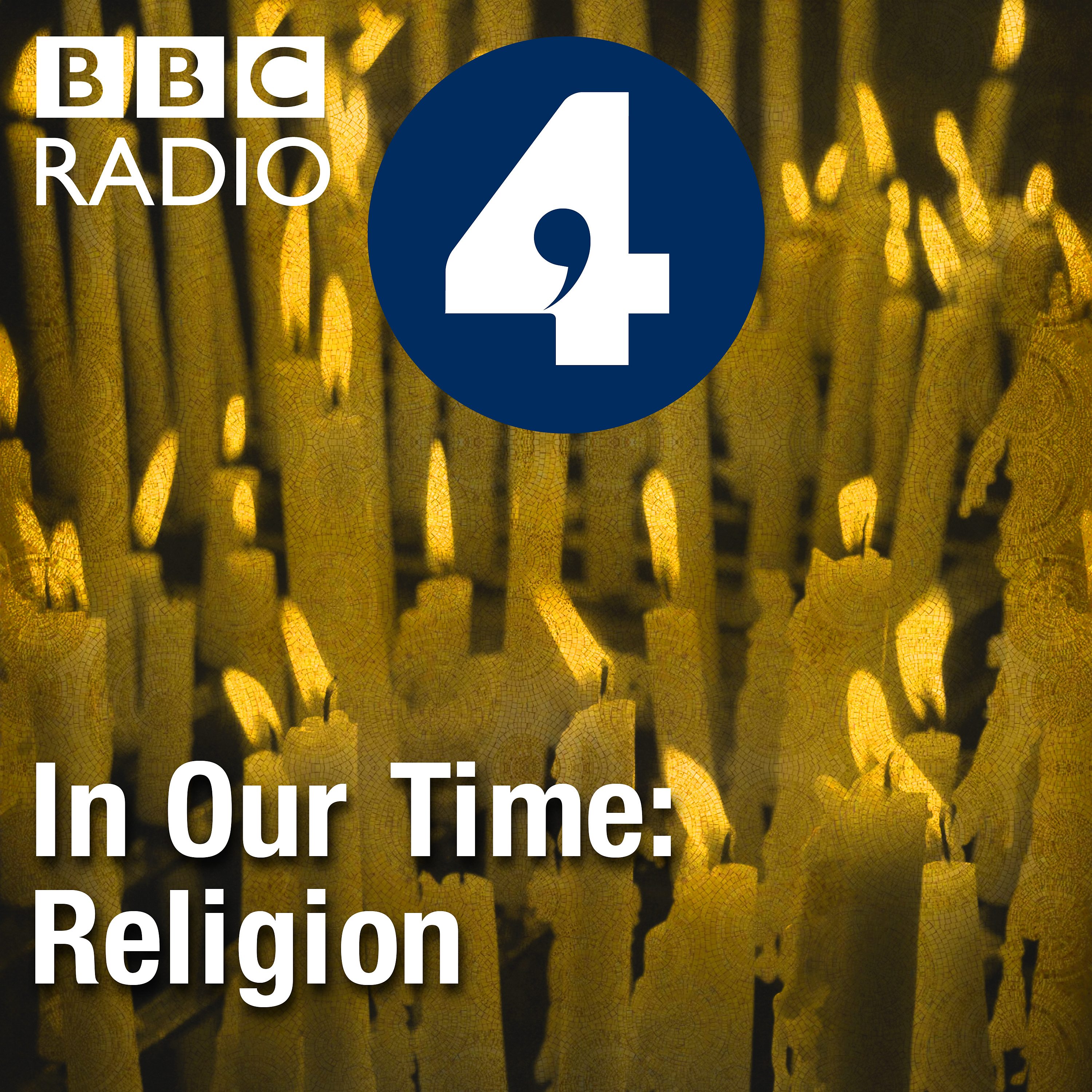Hope
Description
Melvyn Bragg and guests discuss the philosophy of hope. To the ancient Greeks, hope was closer to self-deception, one of the evils left in Pandora's box or jar, in Hesiod's story. In Christian tradition, hope became one of the theological virtues, the desire for divine union and the expectation of receiving it, an action of the will rather than the intellect. To Kant, 'what may I hope' was one of the three basic questions which human reason asks, while Nietzsche echoed Hesiod, arguing that leaving hope in the box was a deception by the gods, reflecting human inability to face the demands of existence. Yet even those critical of hope, like Camus, conceded that life was nearly impossible without it.
With
Beatrice Han-Pile
Professor of Philosophy at the University of Essex
Robert Stern
Professor of Philosophy at the University of Sheffield
And
Judith Wolfe
Professor of Philosophical Theology at the University of St Andrews
Producer: Simon Tillotson
More Episodes
Melvyn Bragg and guests discuss the last pagan ruler of the Roman Empire. Fifty years after Constantine the Great converted to Christianity and introduced a policy of tolerating the faith across the empire, Julian (c.331 - 363 AD) aimed to promote paganism instead, branding Constantine the worst...
Published 04/18/24
Published 04/18/24
Melvyn Bragg and guests discuss one of the most influential theologians of the twentieth century. Karl Barth (1886 - 1968) rejected the liberal theology of his time which, he argued, used the Bible and religion to help humans understand themselves rather than prepare them to open themselves to...
Published 01/04/24


